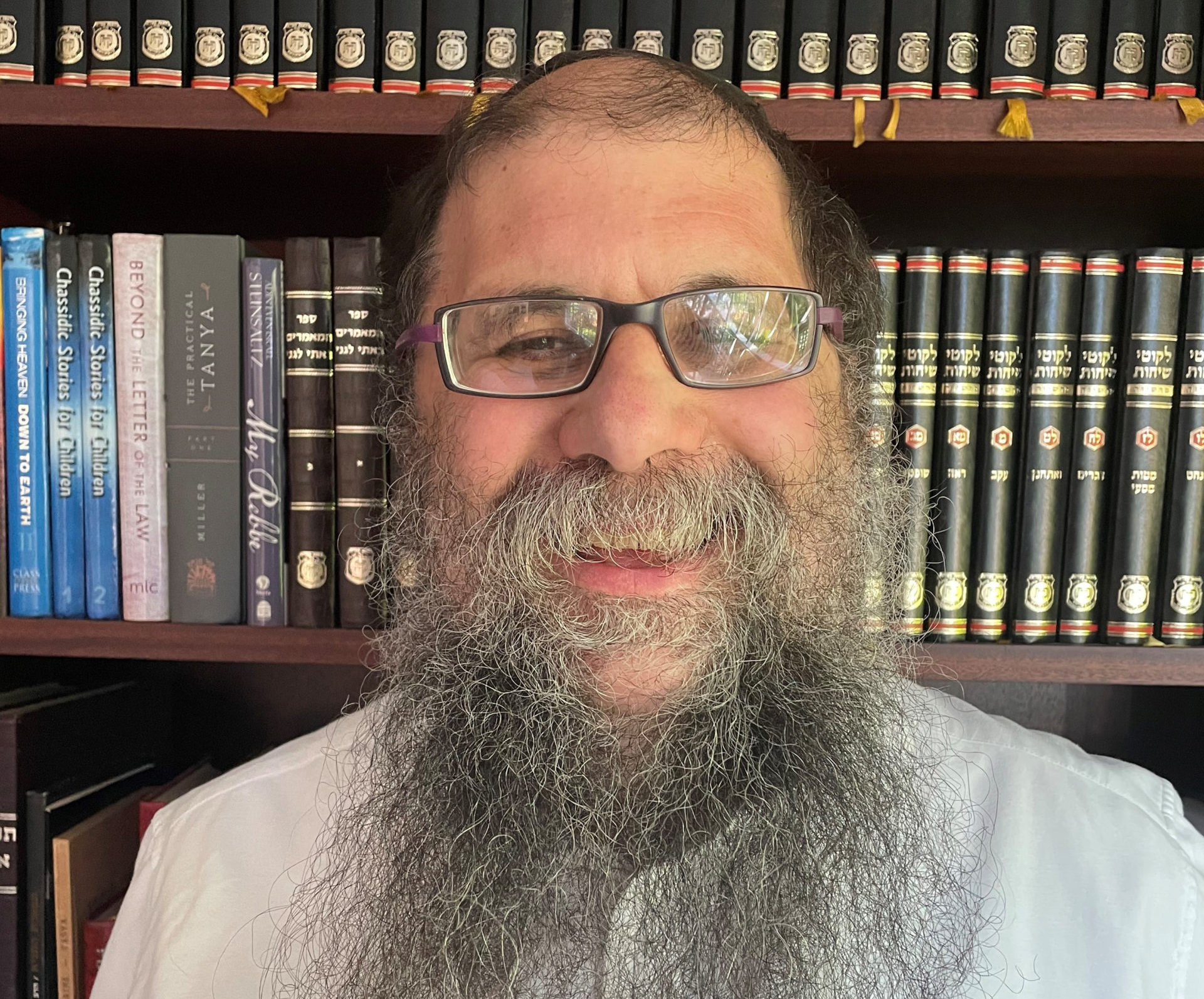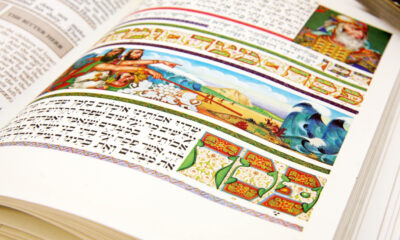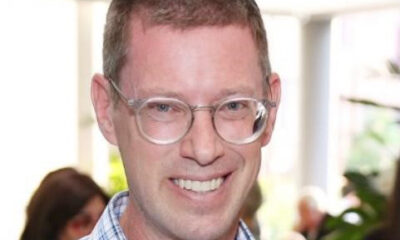
Religion

Break the shackles and be truly free
If not for that one short paragraph, the seder night could be so relaxed and so much fun. After all, it’s about celebrating our victory over Pharoah all those years ago. It’s about recalling our origins and how we came to be a nation. It’s about remembrance rituals, good food, and nice songs accompanying a beautiful narrative. And most of all, it’s about tradition.
Along comes this little passage, and creates a total shift in the direction of the evening. “Bechol dor vador” (In every single generation, one should consider himself as if he himself had come out of Egypt.) It’s no longer about them, our ancestors, and very much about us, forcing us to stop, consider, and turn the evening from commemorative to contemporary.
What does it mean to consider that we ourselves have come out of Egypt? The ancient Egyptian empire crumpled thousands of years ago, its civilization is extinct, and its values supplanted by those of subsequent great nations. Slavery, for the most part at least, has been eradicated from the globe. So, how are we to make the exodus personal and relevant?
It seems it’s possible to live as a free human being in a free society and yet be a slave in Mitzrayim (Egypt). We can benefit from all the privileges granted by the United Nations’ 1948 Universal Declaration of Human Rights and still be slaves. For there is more to freedom than that of the body.
So many live imprisoned within their own bodies, which prevent their souls from achieving their true potential. Our physical bodies lead us to lust, greed, jealousy, and the need to satisfy every longing and desire.
Even our minds can become a jail. We pride ourselves on being rational and intelligent human beings. Indeed, we understand more about the universe, nature, and physics than any previous generation. We’ve become too clever for our own good, refusing to accept that there are things in this world we cannot and will not be able to comprehend. This blocks our pathway to blind faith and to many elements of religious observance.
Probably the biggest form of slavery is incarceration in society. We’re so needy of social acceptance that we measure our potential growth and progress against the norms of those around us. How will my family, friends, and co-workers relate to me if I suddenly decide that I want to wear a kippah or tzitzit, keep kosher, or Shabbat?
Another huge inhibitor is fear of failure. If we’re honest with ourselves, how many challenges have we turned down in our lives not because we weren’t up to them, but because of performance anxiety and the aversion to risk taking?
Let’s not forget how we’ve all become total slaves to our generation’s technological advances, chained as we are to our various devices and unable to break those shackles.
The Hebrew word for Egypt – Mitzrayim – is related to the word for straights and narrow places – metzarim. Leaving Egypt today is about freeing ourselves from contemporary slavery, from self-imposed limitations, and imaginary glass ceilings.
By all means, let’s eat and be merry on Pesach night. There’s much to celebrate as we ponder our origins and the many miracles that have helped our people survive to observe the holiday for 33 successive centuries. Let’s drink and sing, laugh and tell tales. But let’s make sure that exodus doesn’t remain merely a historical concept. For if we have spent an evening asking four questions, eating matzah and maror, reclining to symbolise our freedom, reading the haggadah from cover to cover, and given full justice to the culinary delights on offer, yet we wake up as slaves the following morning, we’ve truly missed a golden opportunity.
Chag kasher vesameach.
- Rabbi Yossi Chaikin is the rabbi at Oxford Shul and the chairperson of the South African Rabbinical Association.










